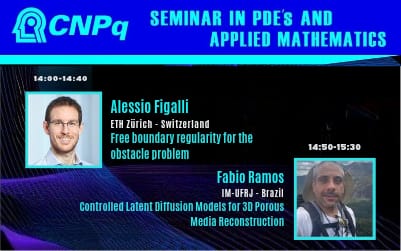Seminar in EDP and Applied Mathematics
April 16 , 2025 – 14h (Brazil)
Streaming: Youtube Channel | SEMINARIO DE EDP E MATEMATICA APLICADA
Event

About Seminars
Our Online Seminar is one of the most important events in Brazil, it has been held since August 2020, every Wednesday at 2 pm, Brasília time, with a frequency of 14 days. Two 40-minute lectures are presented in each session. Our speakers are world-renowned mathematicians from Europe, the United States and South America.
Featured Talks & Speakers

Alessio Figalli
ETH Zurich | Department of Mathematics,Switzerland
14:00h – 14:40h
Free boundary regularity for the obstacle problem
The classical obstacle problem consists of finding the equilibrium position of an elastic membrane whose boundary is held fixed and constrained to lie above a given obstacle
By classical results of Caffarelli, the free boundary is smooth outside a set of singular points. However, explicit examples show that the singular set could be, in general, as large as the regular set. This talk aims to introduce this beautiful problem and describe some classical and recent results on the regularity of the free boundary.

Fabio Ramos
Universidade Federal do Rio de Janeiro,Brazil
14:50h – 15:30h
Controlled Latent Diffusion Models for 3D Porous Media Reconstruction
Inverse problems are pivotal in porous media analysis, demanding the reconstruction of subsurface microstructures from limited imaging data—critical for applications such as energy exploration, hydrocarbon recovery, and underground storage. While traditional approaches often rely on statistical or physics-based models, recent breakthroughs in deep generative methods—particularly diffusion-based approaches—present new avenues for enhanced accuracy and computational efficiency.
About Organization
Juan Limaco -UFF-Coordenador
Mauro Rincon – UFRJ – Brazil
Anna Doubova-U.Sevilla-Spain
Luz de Teresa-UNAM Mexico
Diego Souza – U Sevilla -Spain
Felipe Chaves-UFPB-Brazil
Roberto Capistrano – UFPE Brazil
Sandra Malta – LNCC – Brazil
Eduardo Cerpa – U.C – Chile
Giovani Figueiredo – UNB – Brazil
Marcia Federson USP,San Carlos –Brazil;
Maicon Correa – UNICAMP- Brazil
Our Partners
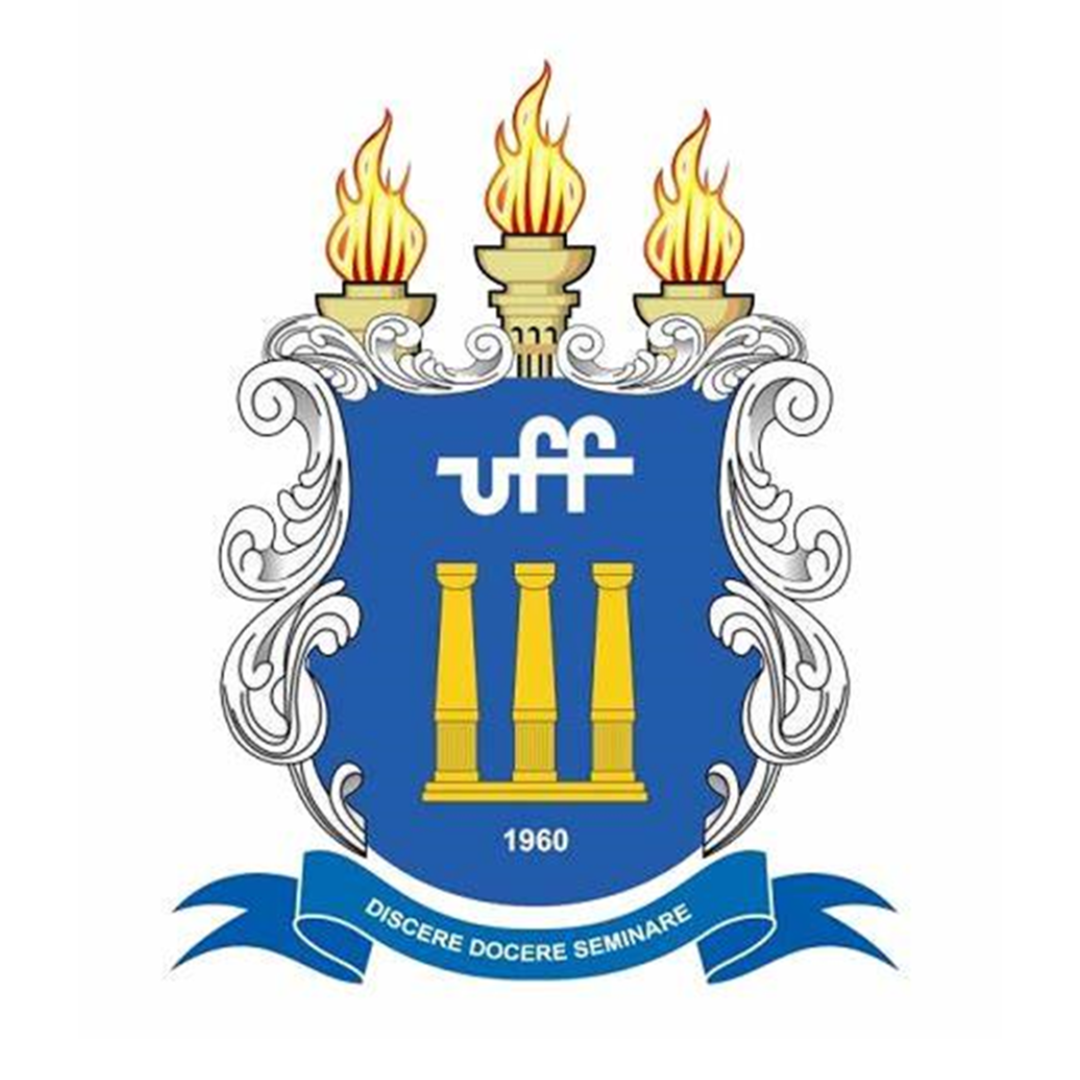
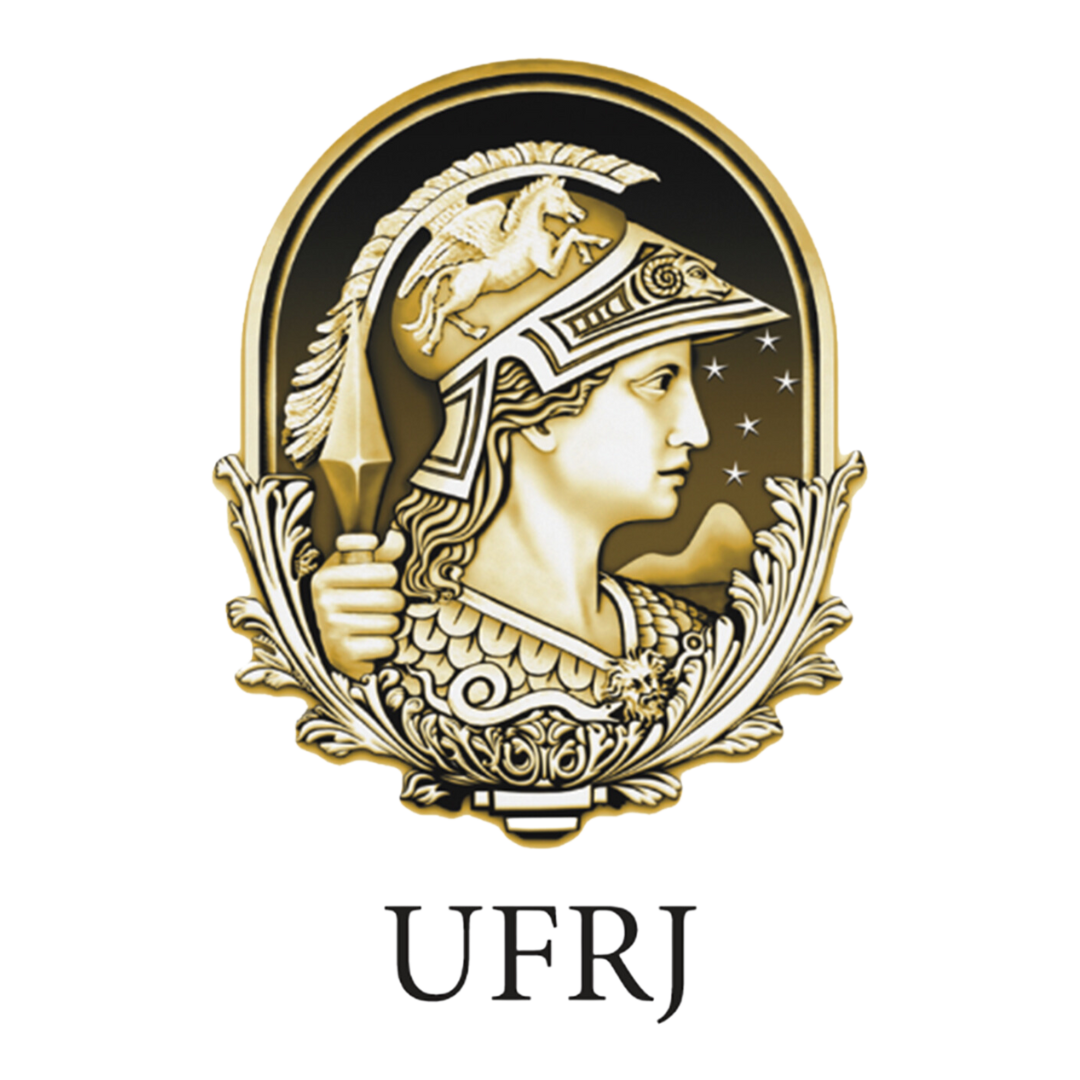
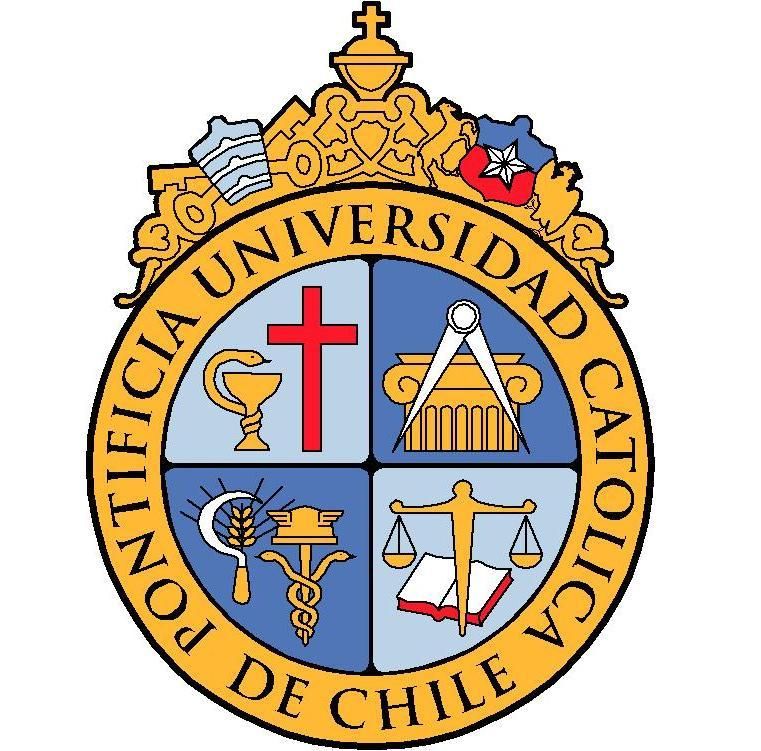
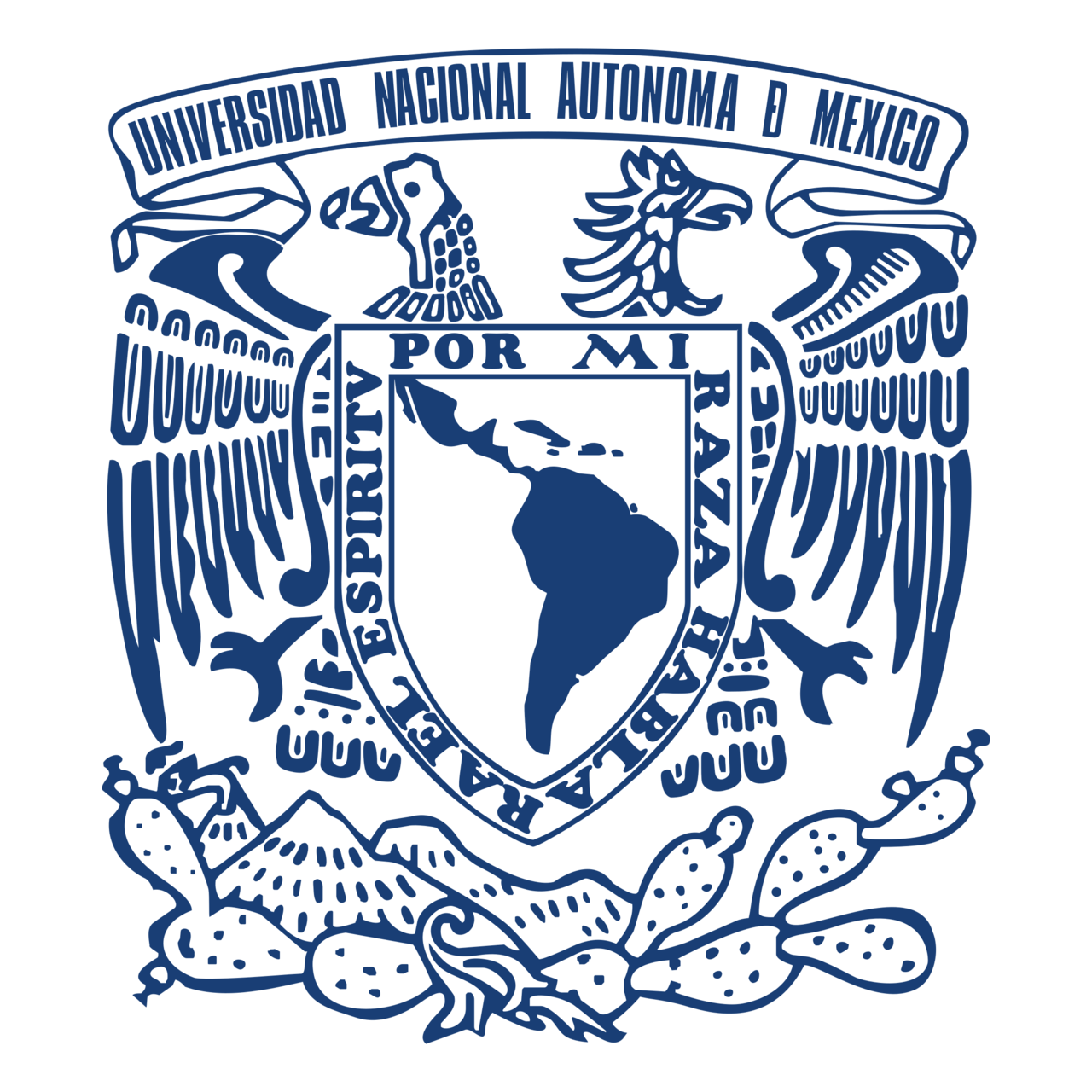
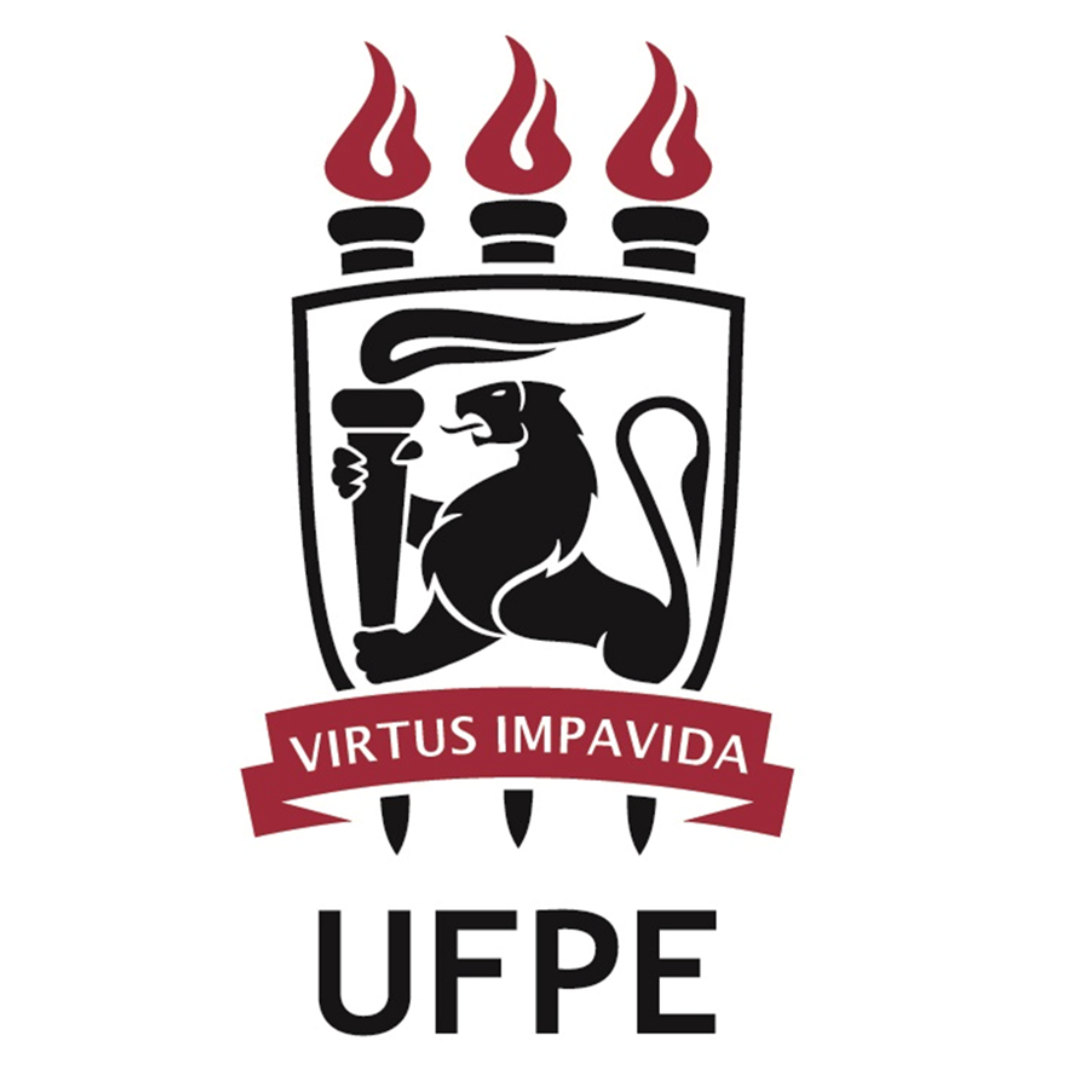
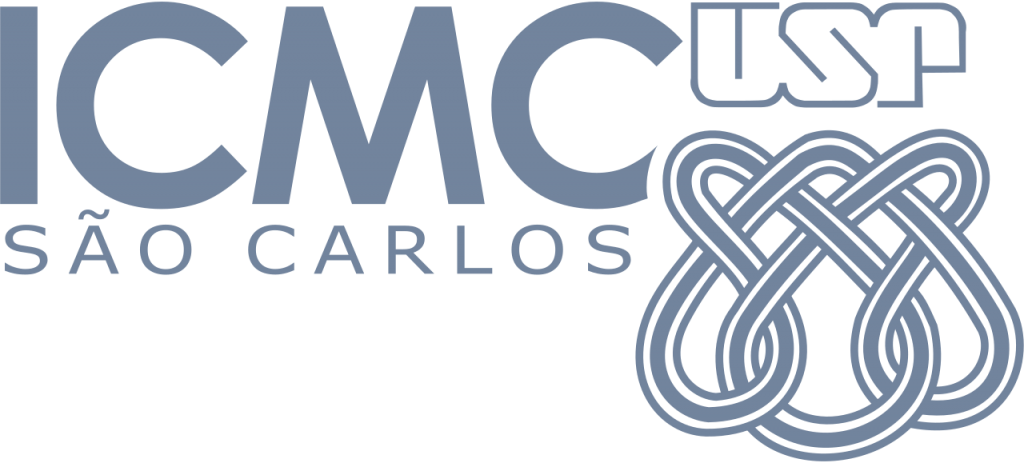
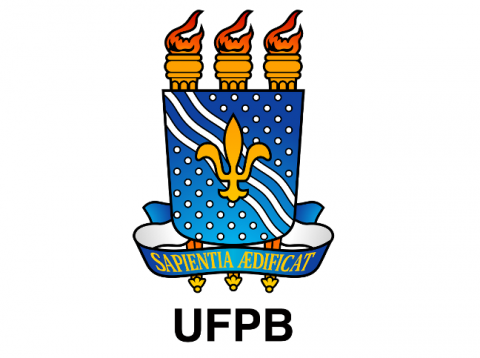
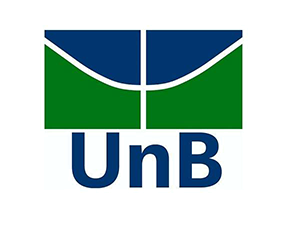
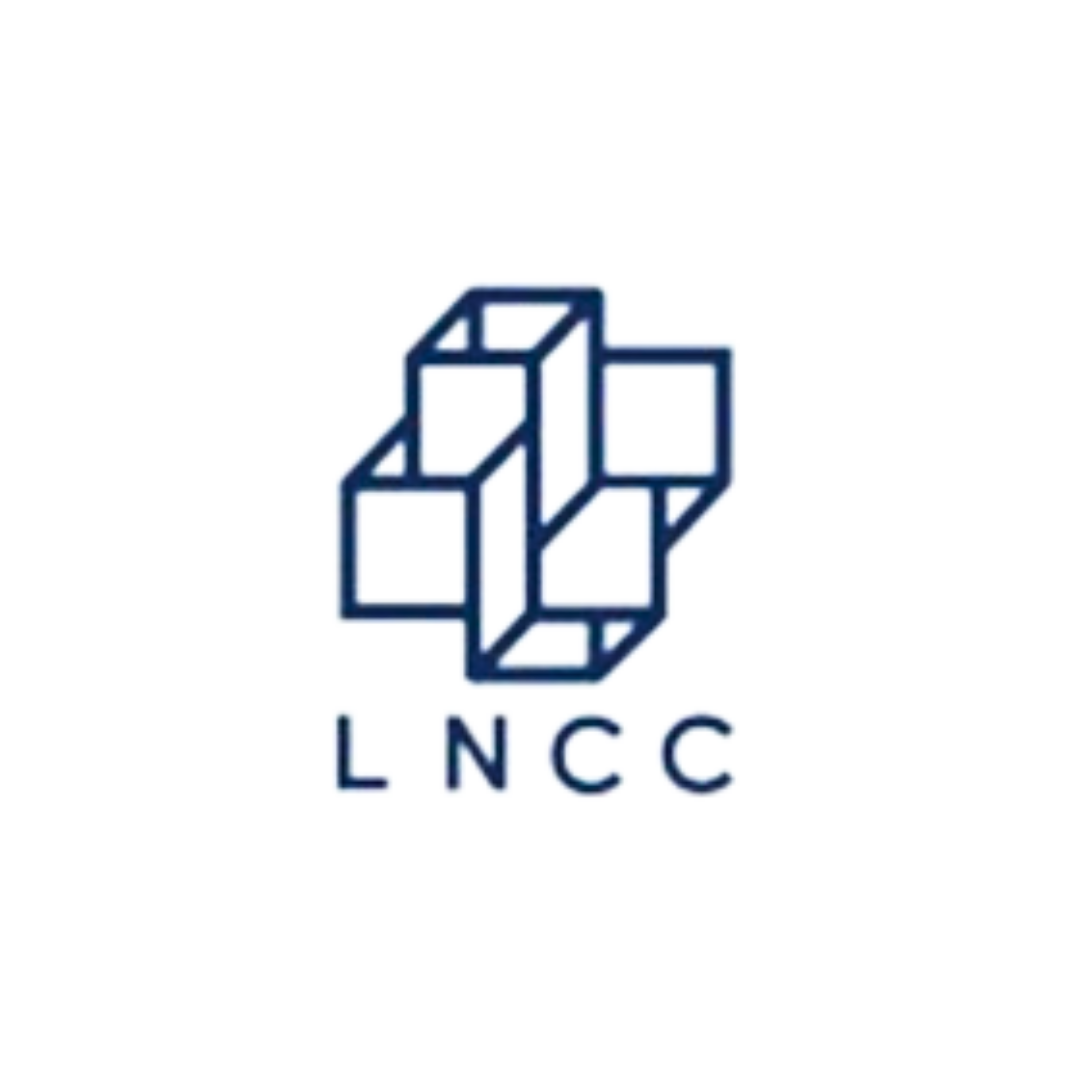
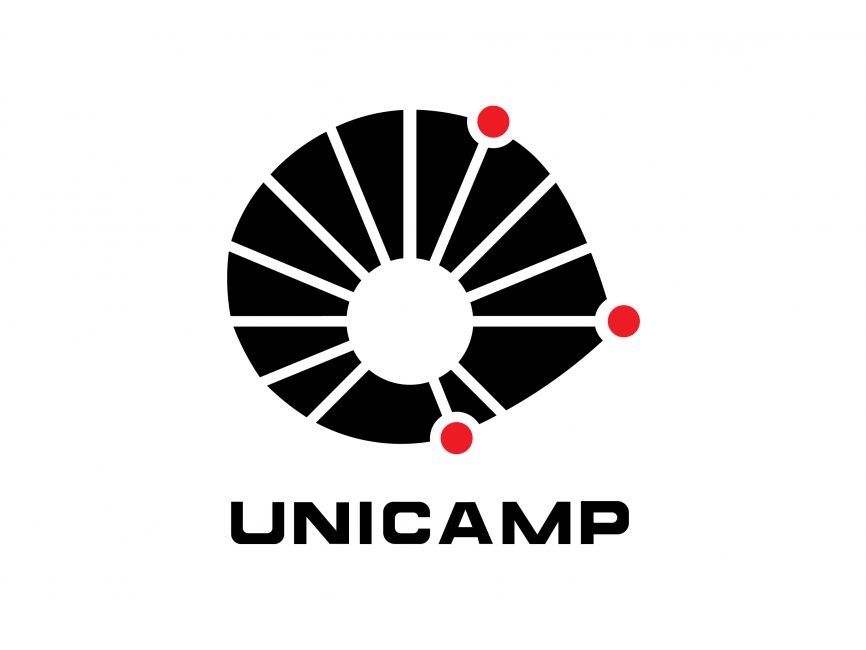
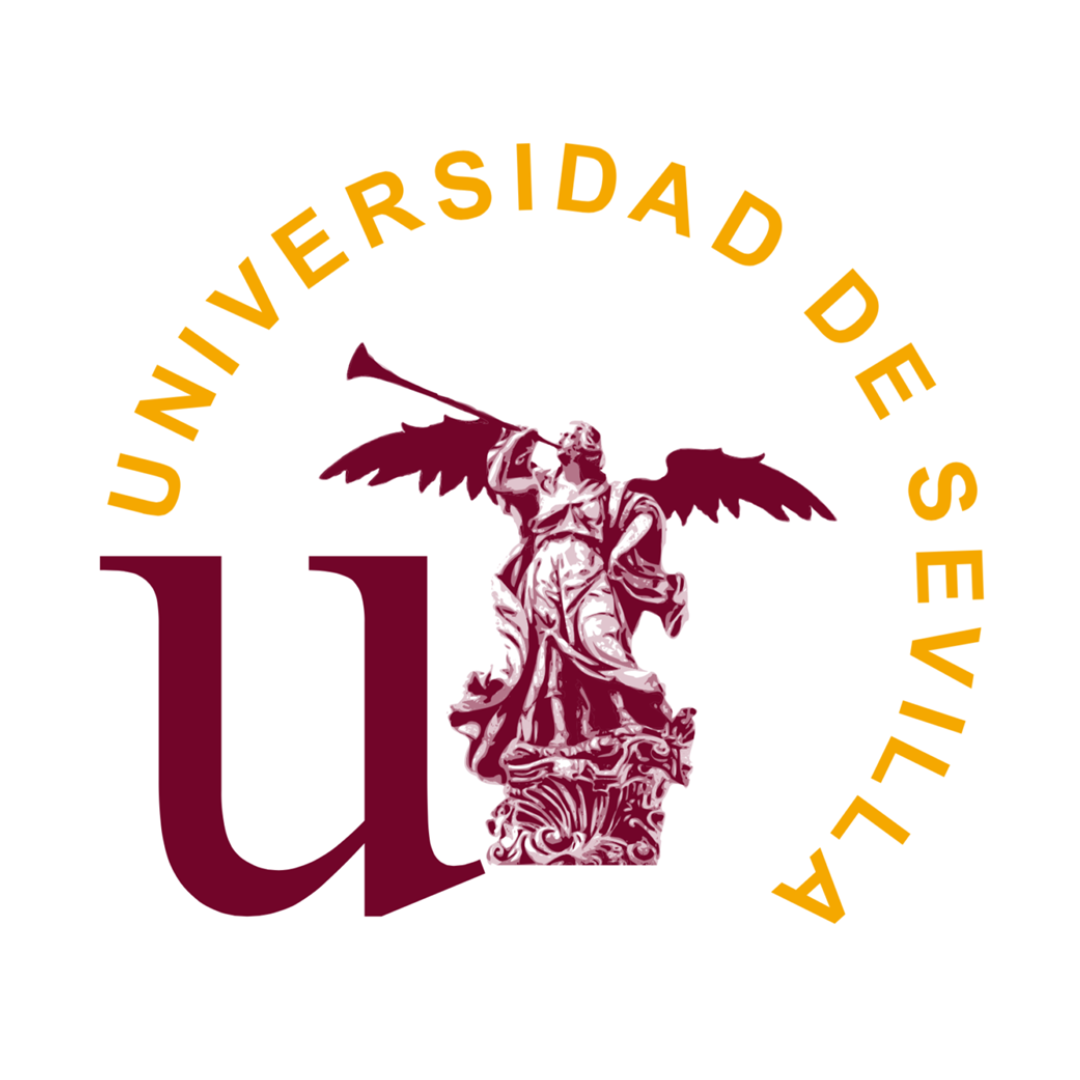
Access our channel!
A channel for students, professors, researchers and professionals who wish to deepen their knowledge in EDP and applied mathematics.

